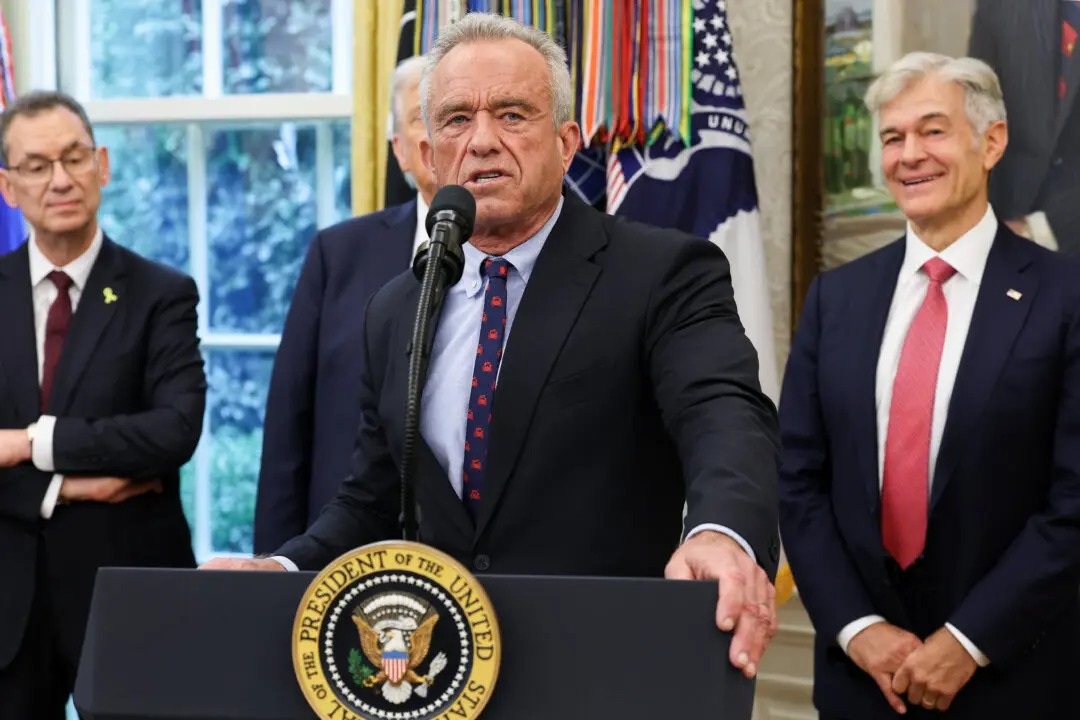Supreme Court Justice Stephen Breyer officially announced his retirement on Jan. 27, a day after the news was leaked and widely reported.
Breyer, 83, told President Joe Biden in a letter that he has decided to retire and that he wants the decision to take effect when the court takes its summer recess, which typically happens in late June or early July.





